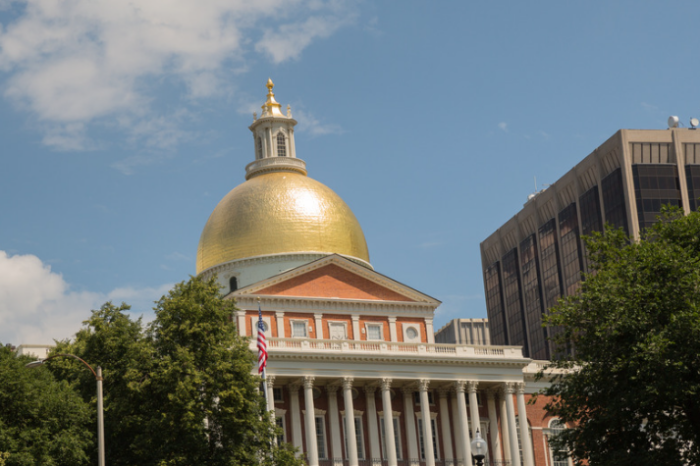Poll: State Voters Overwhelmingly Support Ending Public Records Exemption, Auditing the Legislature
Views on legislative pay change when voters learn of 2023 analysis that found MA had nation’s “least efficient state legislature”
BOSTON – Eighty percent of registered voters support eliminating the exemption to the state public records law claimed by the Massachusetts Legislature, governor and Supreme Judicial Court and making the records public, according to a new poll commissioned by Pioneer Institute and conducted by Emerson College Polling. Only 6 percent support keeping the records private.
“Massachusetts is the only state in which the governor’s office, the legislature and the judiciary all claim this exemption,” said Pioneer Institute Director of Transparency Mary Connaughton. “Clearly, that doesn’t sit well with voters.”
Registered voters also support ending the state legislature’s exemption from audits the Office of the State Auditor conducts of state agencies by an 80 percent to 6 percent margin. Auditor Diana DiZoglio is currently seeking to gain the ability to audit the legislature.
State lawmakers’ annual base pay is nearly $75,000, plus travel reimbursements and an expense allowance. Legislative committee chairs receive additional compensation. Forty-four percent of respondents thought their compensation is about right, while 35 percent thought it’s too high, 11 percent thought it’s too low and 10 percent weren’t sure.
But after respondents were told that a 2023 analysis by Fiscal Note, a company that makes software for policy tracking, found that Massachusetts had the nation’s least efficient state legislature, the numbers changed. Forty-six percent said legislative compensation is too high and 34 percent found it to be about right.
Massachusetts is one of 10 states in which the legislature meets year-round. Thirty-eight percent of voters support moving to a part-time legislature, 30 percent oppose it, and 32 percent are unsure.
The responses come in the wake of a state legislative session that ended without the passage of economic development, climate and other high-profile bills.
Finally, when asked about the biggest reasons why residents are leaving Massachusetts, voters cited the overall cost of living, housing costs and taxes, in that order.
Emerson College Polling conducted the poll of 1,000 registered voters August 15-17. It has a margin of error of plus or minus 3 percent in 19 of 20 cases.



